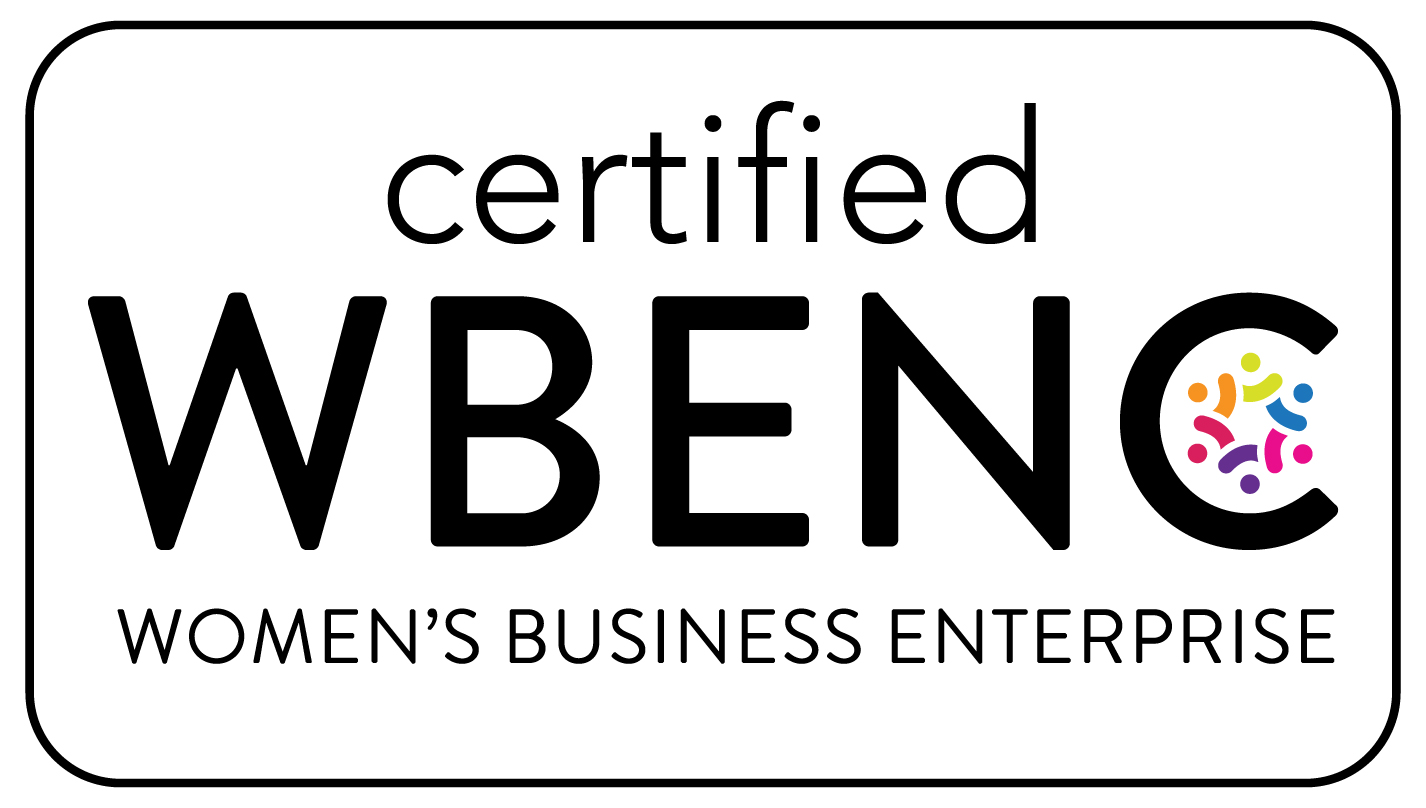Most dental practices are unaware of the many, and often unthought of, items that need to be continually addressed for maintenance of the dental entity. However, before practices address upcoming maintenance requirements, it is essential that they also review their current documents that probably haven’t looked at in years or decades (for older practices). If the practice has any intention of setting up a Dental Service Organization, selling to a private equity firm, a dental group, or an individual, or having an associate buy-in in the near future, the practice needs to make sure its past documents are in order. If not, it can delay the potential deal, and in some cases, could be detrimental to getting the deal accomplished. It is very important and necessary for dental practices to have a quick check of their corporate documents. By not checking the past documentation, the practice is putting the proverbial cart before the horse. A dental practice’s corporate documents establish the baseline for the practice and will establish the following:
- The appropriate entity structure has been used.
- The business name has been registered and all necessary filings have been made to keep the entity compliant and active in the respective state.
- The established ownership percentages and shareholder/partnership agreements are correct.
- The shareholder’s agreement is usually the biggest and most important document as it outlines the ownership percentages and the roles and responsibilities of all the parties.
- Practice owners need to make sure there is clear documentation on ownership percentages, vesting schedules, buyout clauses, and other equity-related terms.
- Additionally, shareholder’s agreements need to address events like retirement, disability, or death of the owners.
- An item that is particularly pressing is making sure that the entity has filed its Beneficial Ownership Information report in compliance with the Corporate Transparency Act.
- Adequate protection for the practice and any associate in the employment agreements.
- Practice owners can consider buy-in agreements for key employees or associates.
Once the practice has established this baseline, it needs to be aware of certain milestones (quarterly, annually, etc.) that the dental entity will need to comply with. These include things like:
- Complying with tax requirements at the federal, state, and local levels.
- Making estimated quarterly tax payments to the IRS and state/local authorities to cover income taxes, payroll taxes, etc.
- Ensure all required tax filings are submitted on time, including business returns (e.g. Form 1120 or 1065), individual returns for owner-employees, and any specialized forms (W-2s, 1099s, etc.).
- Maintaining proper licensure and permits to operate the dental practice in the state/locality.
- Adhering to state dental board rules and regulations.
- Depending on the state, if an annual filing is required to maintain the compliance and active status of the entity, the practice needs to make sure that it gets filed.
- Depending on the distribution rules set out in the shareholder’s agreement, the entity needs to understand rules around profit distributions to owners.
- Maintaining appropriate business insurance coverage, usually annually.
- This includes maintaining proper professional liability (malpractice) insurance.
- Keeping meticulous records of all clinical, financial, and operational activities.
- Complying with HIPAA regulations for protecting patient health information.
- Managing patient records and complying with retention/destruction policies.
- Complying with Occupational Safety and Health Administration (OSHA) standards for a dental setting.
- Obtaining a 409A valuations on a regular basis (typically annually) to properly assess the fair market value of the practice.
- Properly documenting any equity grants or transfers to employees/partners through 83(b) elections and other filings.
As a dental practice owner, managing compliance and legal obligations isn’t just an annual checklist item—it must be a continuous priority. We can help ensure the practice is always in line with changing regulations which will reduce risks and allow the practice to focus on patient care. Missed compliance deadlines or changes in the law can lead to fines, lawsuits, or even license suspensions.
Let’s discuss your needs, contact us today for a free consultation










